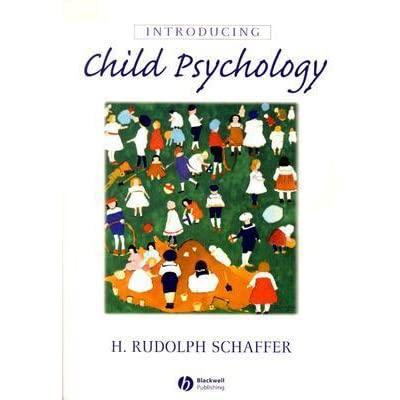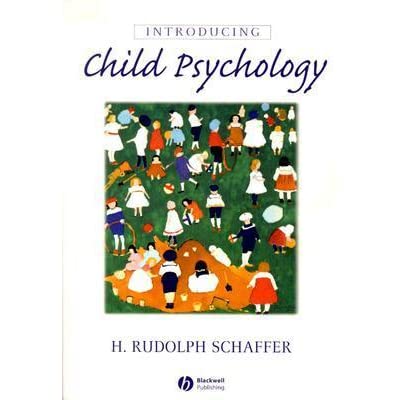Introducing Child Psychology 1st Edition by H. Rudolph Schaffer (Author)
- Publisher: PSYCHOLOGY
- Availability: In Stock
- SKU: 33088
- Number of Pages: 406
Rs.890.00
Rs.1,195.00
Tags: Adolescence , Child behavior , Child development , Child mental health , Child psychology , Child psychology research methods , Child psychology theories , Child psychopathology , Childhood trauma , Cross-cultural perspectives on child psychology , Developmental milestones , Developmental theories , digital shopping , Early childhood , Emotional development , Environmental influences on child development , Genetic influences on child development , H. Rudolph Schaffer , Impact of technology on child development , Introducing Child Psychology , Introducing Child Psychology 1st Edition , Middle childhood , Nature vs. nurture in child development , Parent-child relationships , Parenting , Peer relationships , Play and learning , price-friendly Comprehensive , Psychological assessment of children , Psychological interventions for children , Resilience in children. , Social development , Socialization

























